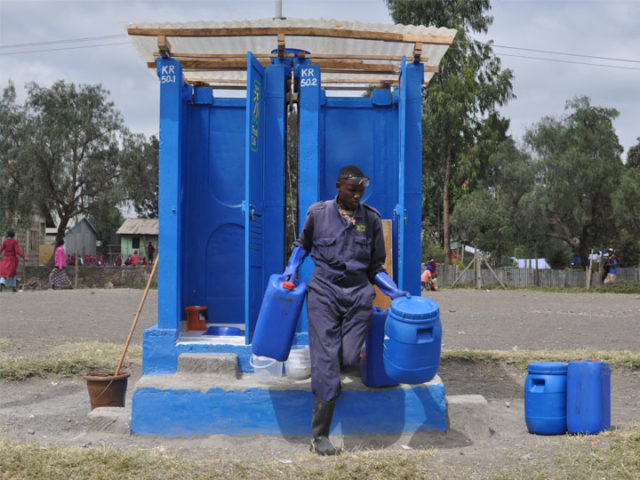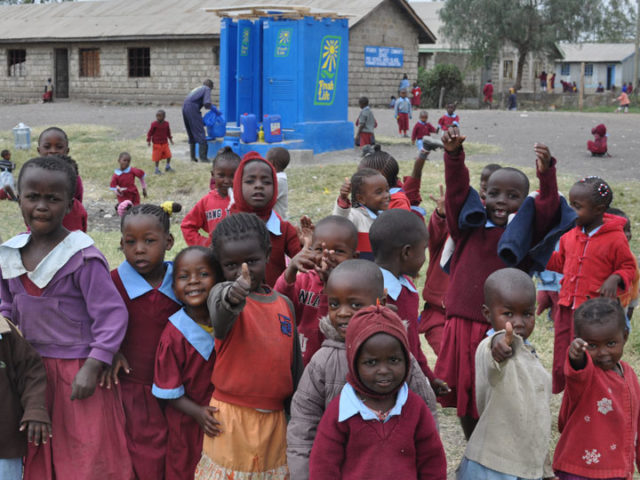Building the City of Future in Developing World
mai 7, 2014 — Uncategorized
Nairobi – the capital of Kenya – is growing at a tremendous pace. The population is about 4 million, and the city is growing at about 7% per year. Nairobi is the most prominent city in East Africa and the hub for the entire region. The city is brimming with innovation and entrepreneurship. For example, the mobile money platform MPESA was developed in Nairobi, and has transformed the business landscape not just in the region, but around the world.

In Nairobi, the biggest challenges are where few people look: the slums
As with any growing economy, there are a number challenges that the vibrant capital still grapples with. The gap between the rich and the poor is very wide. There is traffic, pollution, and crime. But the biggest challenges are where few people look: the slums. In Nairobi, 75% of the population lives on 5% of the land – these are the informal settlements, which lack basic services and security. The lack of hygienic sanitation leads to a massive public health risk – it’s the second leading cause of disease in Africa – and causes tremendous environmental damage as waste pollutes waterways or decomposes in the open.

Sanergy strives to change that. Our systems-based approach to solving the sanitation crisis involves five key steps: we build a dense network of franchised micro-entrepreneurs, who operate low-cost, high-quality waterless sanitation facilities – called Fresh Life – as small businesses. We provide critical support services – such as access to finance, trainng, business analytics, marketing and branding. We collect the waste every single day and safely remove it from the community. We convert the waste into valuable by-products, such as organic fertilizer and renewable energy. Finally, we sell the byproducts to Kenyan farms. Since November 2011, we have launched over 400 Fresh Life Toilets to a network of 200 micro-entrepreneurs. We have collected and converted over 2000 tons of waste. At the same time, we have built a team of 156 people – 93% Kenyan and 60% from informal settlements.
Our model reinforces that residents are part and parcel of transformation
Our work solves two main challenges for the city of the future – infrastructure for basic services and unemployment.Infrastructure is key to ensuring that the residents are connected to basic services. Prior to the entry of Sanergy in Mukuru, the residents had limited and undignified sanitation options that were detrimental to the environment. The Fresh Life Toilets are changing the face of sanitation. The Fresh Life businesses are owned by members of the community – in essence, taking charge of the sanitation challenge. Our model also reinforces that residents are part and parcel of transformation in their own neighborhoods, making them cleaner, healthier places.
Over 40% of residents of informal settlements are unemployed – the vast majority of whom are youths. The lack of opportunity leads to crime, uptake of drugs and alcohol, and resentment. Through our work with the Forward Foundation, we have made it easier for youths to set up businesses. We also provide ongoing business support and training to ensure that youth have the skills to succeed.
This blog post is a response to the Meeting of the Minds & Living Cities group blogging event which asks, “How could cities better connect all their residents to economic opportunity?”